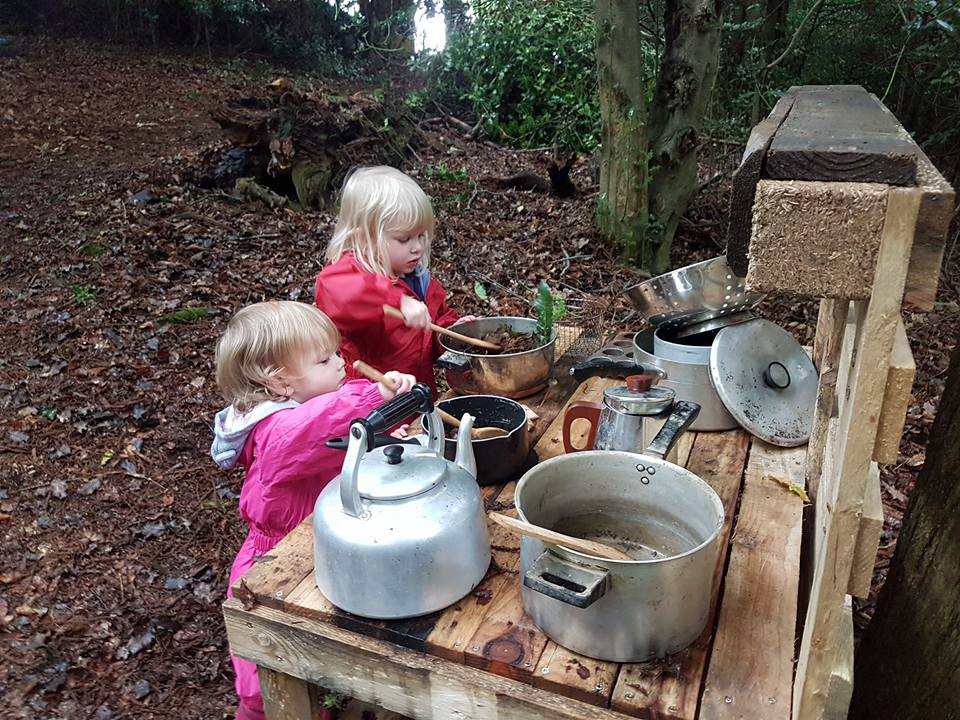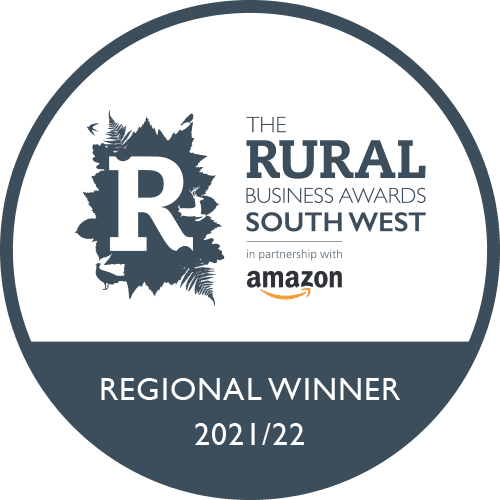- Forest School
Our Forest Schools
Into The Wild Day Camp
Day Camp (4 Days) for 12-16 year olds this summer at Escot!
Alternative education provision for Home Educating families in the south west
Outdoor fun and activities for toddlers and parents
Endless fun during the school holidays for teens and school age children
Forest School Sessions for Schools
Working with local schools to give learners in Devon the chance to take part in fun and engaging outdoor education sessions
The perfect outdoor birthday party for children of all ages
About Forest School
- Education & Training
Forest School Training
ITC Level 2 Forest School Leader Training
Learn the skills to work in a forest school setting
ITC Level 3 Learning Beyond the Classroom
Supporting and empowering educators to take their lessons outside the classroom
ITC Level 3 Forest School Leader Training
Learn the skills to set up and manage a forest school setting
ITC Level 3 Paediatric & Forest School First Aid
Attend our outdoor based dual Paediatric & Forest School First Aid course
Forest School Taster Days: An Introduction for Educators
Offering Forest School taster days to early career teachers and those studying for a career in education.
CPD Training & Workshops
- Outdoor Experiences
Experiences for adults
A fun weekend of bushcraft activities, survival skills and outdoor wellbeing for adults
Seek mindful respite from modern life and learn a new craft
A yoga, nature and mindfulness retreat focussed on reconnecting with nature and yourself
Step into the footsteps of your ancestors and learn basic plant and fungi identification skills
Join us for an intimate and energising day of yoga, delicious food and wellbeing in one of three beautiful woodland locations around Devon.
Join us in the woods near Exmouth this Christmas for a spot of festive fun crafting your own beautiful door wreath out of natural, locally sourced, sustainable materials.
Outdoor Experience
- Learner Support








